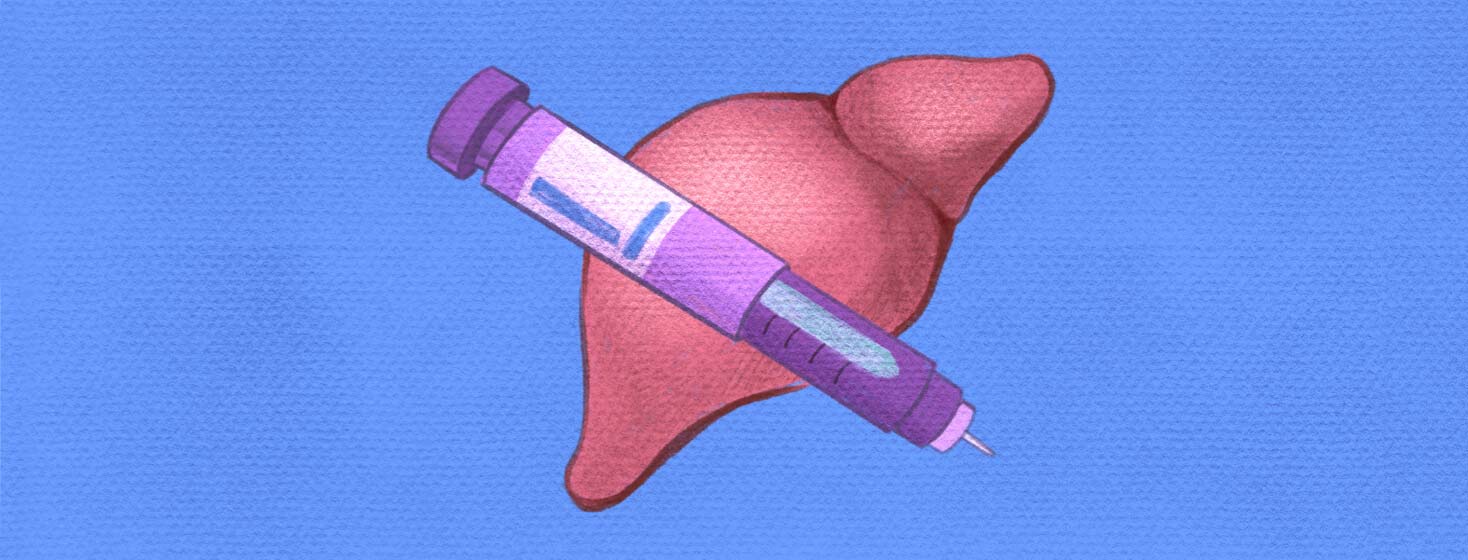PCSK9 Inhibitors: The New Cholesterol-Lowering Drugs
If you have elevated cholesterol, you may have heard of the new drugs classified as PCSK9 inhibitors. Drugs within this class include alirocumab (Praluent) and evolocumab (Repatha).
Most people with elevated cholesterol who do not respond to lifestyle measures such as exercise and diet interventions are usually prescribed statins.1 However, when statins are not tolerated nor effective, then PCSK9 inhibitors may be tried. The following will outline what to expect when starting your treatment with a PCSK9 inhibitor.
Mechanism of action
Overall, PCSK9 inhibitors work to do the following:2
- Lower LDL levels (bad cholesterol)
- Reduce the risk of heart attack and stroke
They do this by blocking a protein called PCSK9, which is a factor in increasing LDL levels. Overall, these drugs help your liver remove LDL cholesterol from the blood.2
While the effect is varied depending on individual factors, studies have shown the following effects of PCSK9 inhibitors:3-6
- Up to 50% reduction in the risk of cardiovascular events such as stroke and heart attack.
- Up to 60-70% reduction in LDL cholesterol.
- A decrease in triglycerides by 12-31%.
- An increase in HDL (good cholesterol) by 5-9%.
Using the drug
PCSK9 inhibitors are different from statins such as Lipitor and Crestor in their administration. PCSK9 inhibitors come formulated as a single-use solution for injection under the skin, between the skin and the muscle (subcutaneous injection).2 Usually, you would receive training on how to do the injection from your physician, nurse, or pharmacist. These types of injections are similar to the injections done by people with diabetes when injecting insulin.
Before injecting, you would need to allow the solution to come to room temperature about half an hour prior to injection.2 It is not recommended to shake the solution before injecting.
These drugs can be injected into the upper arm or the stomach; however, it is recommended to rotate the injection site. Depending on what your doctor prescribed, they may be injected every 2 weeks.2 However, your doctor may recommend a different frequency every 4 weeks depending on your specific case.
Side effects
All drugs have side effects. Overall, PCSK9 inhibitors are well-tolerated and most people experience minimal, if any, side effects. Potential side effects include allergic-type reactions, also referred to as hypersensitivity reactions. These include rash or itchiness at the site of injection. Some people also experience flu-like symptoms after injections, such as a sore throat, runny nose, or other symptoms similar to those of a cold or flu.2
Storage requirements
PCSK9 inhibitors should be stored in the refrigerator (not the freezer).2 It is recommended to get a sharps container to discard the syringe and needle and return the sharps container when full back to the pharmacy.
When will I see a response?
Before initiating a PCSK9 inhibitor, your doctor will perform a blood test to retrieve baseline values. After 2-3 months, your doctor will likely repeat the blood test to ensure the drug is having its intended benefit.2 Overall, after one month, these drugs will already have started working to reduce your cholesterol levels.3
Have you tried one of the PCSK9 inhibitors to treat high cholesterol levels? Share your experiences below!

Join the conversation